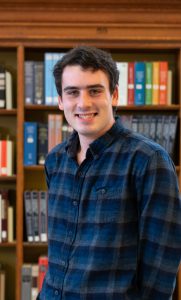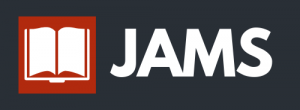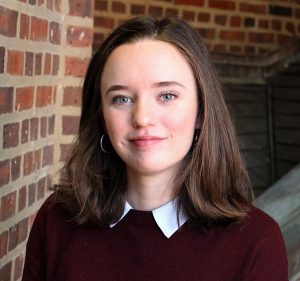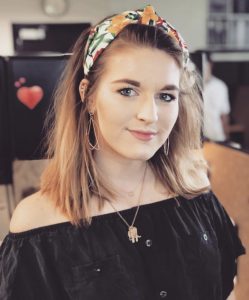This semester, the Scholarly Commons is onboarding five new GAs! In order to help you get to know all the new faces, we will be asking them to answer a few questions, and posting their responses throughout the fall.
First up, we have Apollo Uhlenbruck.
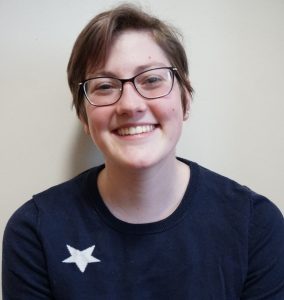
What is your educational and/or professional background?
I got my undergraduate degree from Wellesley College in Massachusetts, where I studied media arts. Afterwards, I moved back to my hometown of Missoula, Montana and worked a wide variety of jobs: first, I was a production assistant on a Gold Rush spin-off, then I spent a little over a year as a bookseller at an independent bookstore as well as providing in-home care for people with developmental disabilities. Then, after a brief stint as an administrative assistant at the University of Montana, I finally worked in shelter animal care at the Humane Society of Western Montana before packing up my bags and moving to Illinois!
What led you to your field?
My hometown’s public library was a staple of my childhood. I was one of those kids that got in trouble for reading during class, and the library was more than happy to feed my voracious appetite. I also joined the library’s teen writers’ group, which helped me grow as a writer and a person. In my work after graduation, I’ve found that I really enjoy working with and helping people, so I aim to combine my love of books with my love of people by going into library and information science.
What are your research interests?
I would say that my interests are very broad. I’m primarily interested in how libraries can better serve marginalized groups, but I’m also curious about UX design, gamification, mythology, and diverse representation in youth literature.
What is your specialty within the Scholarly Commons?
I’m wearing multiple hats here at the Scholarly Commons, focusing on both GIS and Web and Media. Part of that involves helping to run this blog!
Describe a favorite project you’ve worked on.
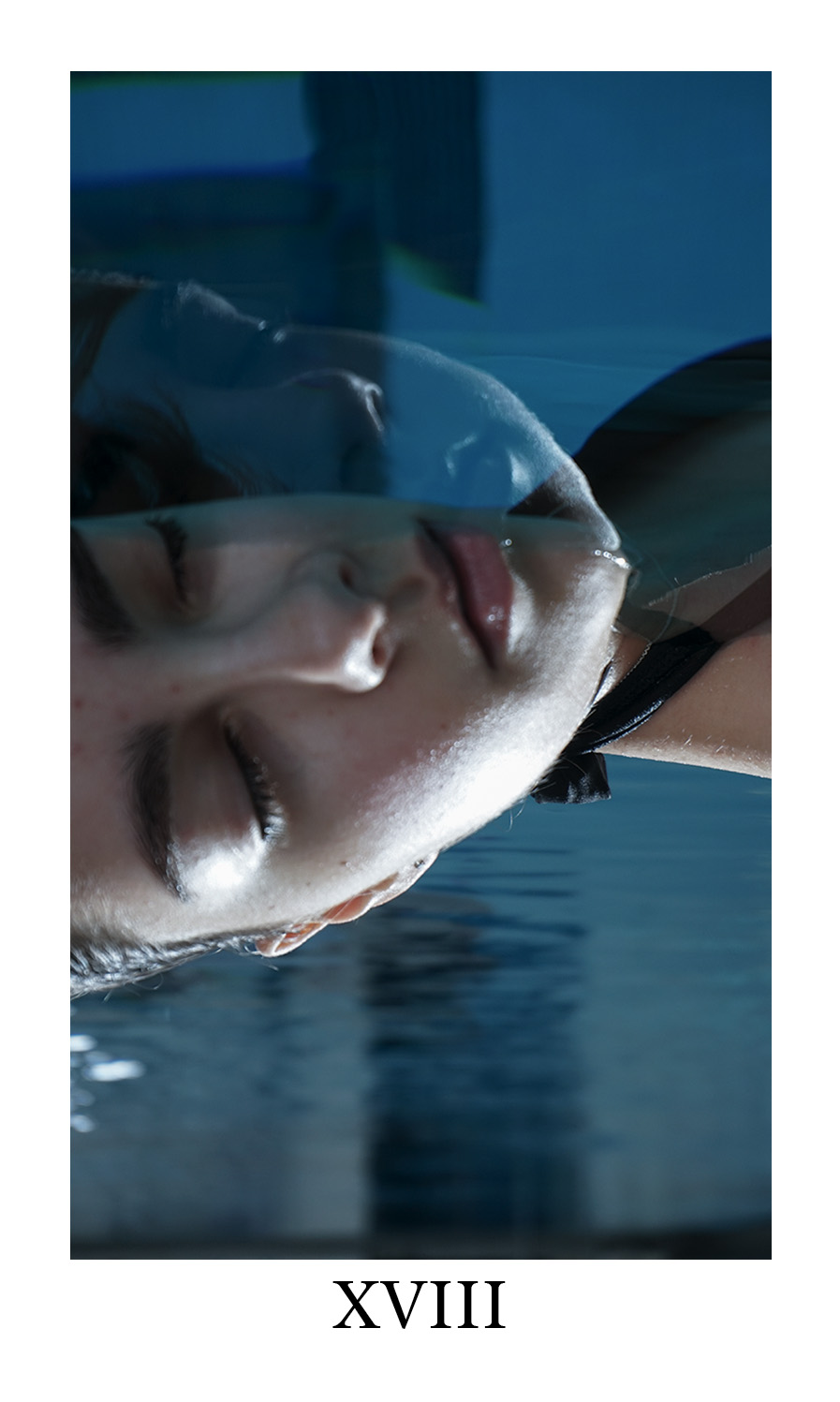
For one of my undergraduate courses, I created a major arcana tarot deck comprised of photos featuring queer and gender-nonconforming individuals, emphasizing the magic that is present in everyday life. The photo series was an interpretation of the Major Arcana informed by the traditional symbolism and meanings and viewed through a queer feminist lens. The project involved research into the history of Tarot as well as the relationship between witchcraft and feminism.
What Scholarly Commons resource are you most excited to learn about?
The new studio space in 308! It’s still in the works, but as soon as it’s up and running I think it’ll be a great space in which to experiment with lighting and photo/video equipment, and I can’t wait to see what kinds of projects people create!
What do you hope to do after graduation?
After graduating from the MSLIS program here at Illinois, I hope to go into public librarianship and youth services.


